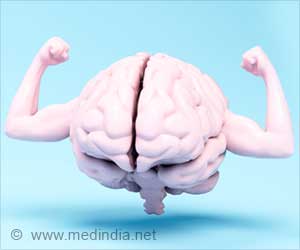- International Coffee Day is celebrated on October 1st around the world
- One night of disrupted sleep does not worsen a persons’ blood glucose response to a sugary drink when compared to a normal night of sleep
- Drinking strong black coffee before breakfast increased the blood glucose response by 50%
- It is better to consume coffee after breakfast as consumption of coffee before breakfast leads to high blood glucose
Read More..
It is essential to maintain blood sugar levels within a safe range to reduce the risk of conditions such as heart disease and diabetes.
International Coffee Day
October 1st is celebrated as the International Coffee Day.
Coffee is considered as the world’s most popular drink. Around 2 billion cups of coffee are consumed every day around the world.
Study Details
- Participants have a night of normal sleep and consume a sugary drink on waking in the morning
- Participants experience a disrupted sleep where the researchers woke them up every hour for 5 minutes, and they consume a sugary drink on waking in the morning
- Participants experience a disrupted sleep where the researchers woke them up every hour for 5 minutes, and they consume a strong black coffee before they consume the sugary drink on waking in the morning
Study Findings
The researchers found that one night of disrupted sleep did not worsen the participants’ blood glucose level at breakfast when compared with a normal night’s sleep.
Strong black coffee before breakfast substantially increased the blood glucose level by 50%.
Previous research has shown that consumption of caffeine can cause insulin resistance. The current study reveals that drinking coffee after a bad night’s sleep solves the problem of feeling sleepy; however, it could create another problem by limiting the body’s ability to tolerate the sugar in the breakfast.
"Put simply, our blood sugar control is impaired when the first thing our bodies come into contact with is coffee, especially after a night of disrupted sleep. We might improve this by eating first and then drinking coffee later if we feel we still feel the need it. Knowing this can have important health benefits for us all,"said Professor James Betts.
The researchers think there is a lot more to learn on the effects of sleep on metabolism like how much sleep disruption is required to impair the metabolism and what are some of the long-term implications of the impaired metabolism.
In summary, it is better to drink coffee after eating breakfast than before because caffeinated coffee increases blood glucose levels when consumed before breakfast.
Source-Medindia
















